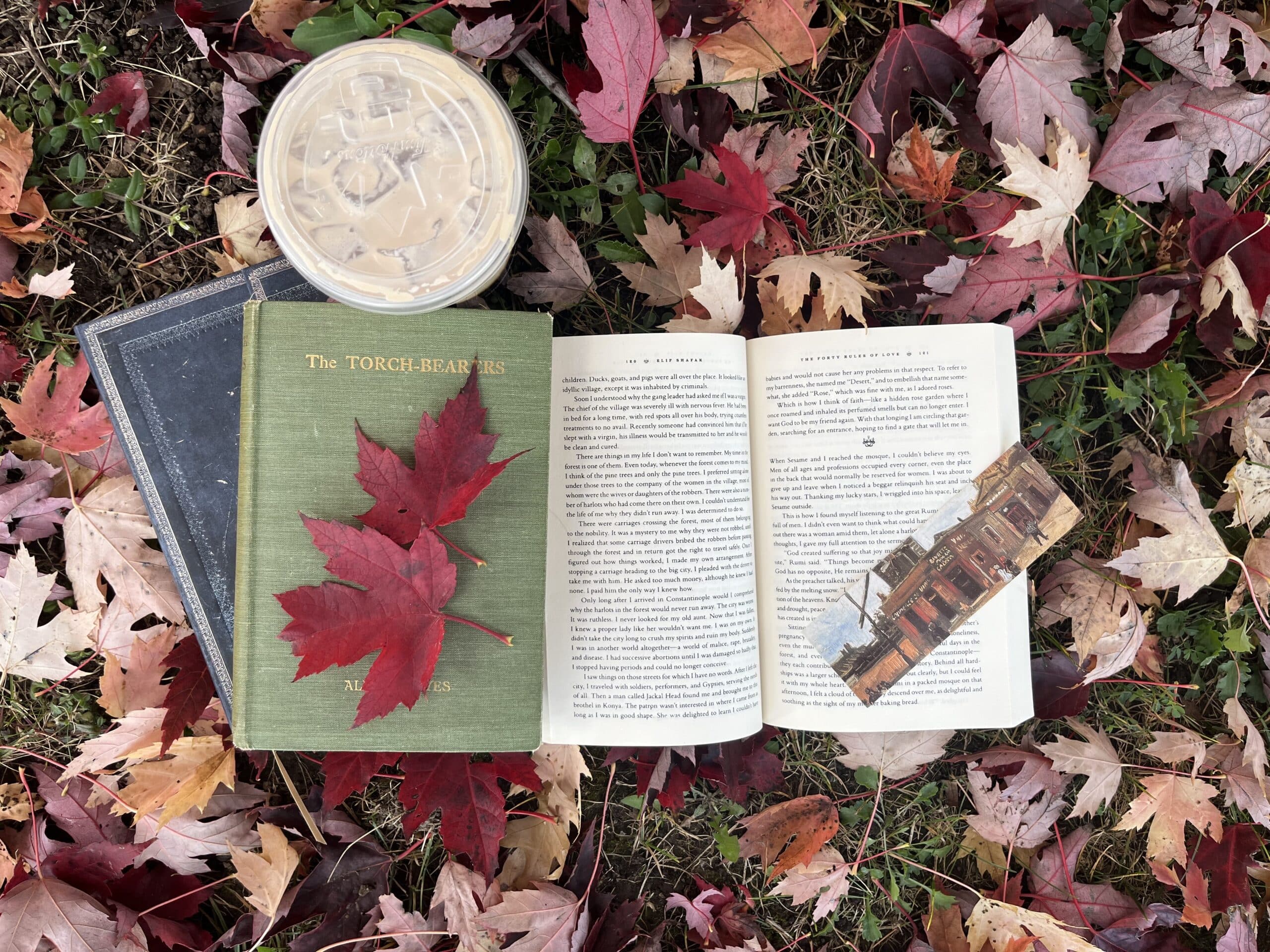Contemporary Japanese fiction: Rediscovering the humanness in us all
A reflection on my experience rediscovering the joys of reading through Japanese fiction.
The return of the regular academic calendar comes with the demands of course assignments, exams, and extracurricular activities, not to mention finding enough time to maintain our relationships outside of the classroom. During such a busy time, it’s easy to feel overwhelmed and anxious.
That’s exactly how I felt as the summer holiday came to an end: excited to start the hectic school semester but also apprehensive about falling behind my peers. I needed to find a way to help quiet my restless thoughts. Thus, I decided to take up a new hobby, a way to relieve the tension and find a place of calm amidst the chaos.
I started to get back into reading. It had been a while since I could remember picking up a book for my own enjoyment. And so, I found myself on the lookout for book recommendations on Instagram and TikTok. As basic as the search method might have been, I wanted to find books that people resonated with, with storylines that helped them connect with their own emotions.
Through various “Bookstagram” pages and videos online, a common genre surfaced: Contemporary Japanese Fiction. I will admit, the minimalist book covers and wholesome titles drew me in initially. With pictures of cats and cozy little bookshops, it was hard not to make my judgements of these books solely on their covers. But beyond their aesthetic appeal, I found myself resonating with the books on a deeper level as I started reading. Bestselling titles such as Days at the Morisaki Bookshop by Satoshi Yagasawa and Sweet Bean Paste by Tetsuya Akikawa easily transported me into the characters’ worlds as the stories began to unfold.
As a university student reaching the end of my time at UTM, I saw parts of myself within each book and the themes that they explored. These novels, I found, were often characterized by quiet, introspective narratives with a focus on personal growth and emotional connections. They explored the intricacies of human life, including themes of self-discovery and human relationships, as seen through the character-driven and emotionally resonant stories.
Whether it was lessons on conquering change, appreciating life, or reflecting on certain circumstances, each story reminded me that it’s okay to feel lost at times. Sometimes, we need time to ourselves to remember that life is about living rather than letting time pass us by; that what we take from our experiences shapes the direction of our future.
If you’re interested in rediscovering the joys of reading, too, here are a few recommendations. Whether the stories take place in a family bookshop in the bustling neighbourhood of Jimbocho or inside a tiny dorayaki shop on the outskirts of Tokyo, there is something for everyone to connect to:
- Days at the Morisaki Bookshop, Satoshi Yagisawa
- Sweet Bean Paste, Tetsuya Akikawa
- What You Are Looking For Is in the Library, Michiko Aoyama
Before the Coffee Gets Cold, Toshikazu Kawaguchi

